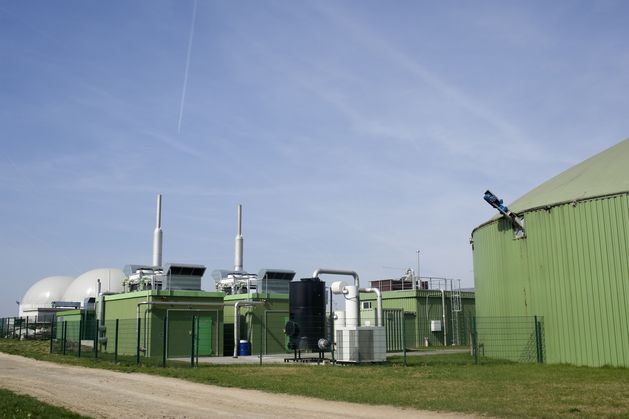This would be the first time that GNI has bought biomethane, but the company has previously said it is working on a programme to meet its own gas needs from domestic renewable resources.
The shift is in tune with official government policy, which is that by 2030 it would have replaced 10pc of the natural gas that Ireland uses with biomethane, which is made by processing farm and food waste. A switch to biomethane would lead to a reduction in energy emissions.
The Government has earmarked €40m in capital funding to kick-start development.
The tender notice published by GNI says that following engagement with the market, the final procurement strategy and the heads of terms will be decided. “It is currently anticipated that GNI will contract with a number of parties to provide biomethane and the contracts may be for up to 15 years,” it says.
GNI needs to buy gas every year to account for “shrinkage” in the system, or small amounts that are lost in transit. It also uses gas both in the transport of the fuel, and in compressor stations, where it is brought down to the low pressures that are suitable for use by households and businesses.
Currently, the company uses some of the natural gas that is brought in from the Corrib field off Mayo, and also gas that is imported through a pipeline from Scotland. The Department of Environment, Climate and Communications has calculated that this amounted to 1.6pc of total Irish demand last year, making the company a significant purchaser of gas.
GNI has said it is working with stakeholders to increase the biomethane sector, and recently signed a contract with Bia Energy whereby biomethane from its €63m anaerobic digestion plant in Huntstown in Dublin goes directly into the network.
There is said to be strong interest in the use of biomethane gas, with demand outstripping supply. A number of big investors, including the Copenhagen Infrastructure Partners, have said they plan to develop large anaerobic digestor plants here
Irish biomethane production is behind that of some other EU countries, even though large quantities of farm waste are available to make it. The government is hoping to encourage the construction of up to 200 production plants in rural areas by 2030. Currently there are three.
The aim is that these would produce 5.7 terawatt hours (TWh) of biomethane, equivalent to 10pc of Ireland’s gas demand.

